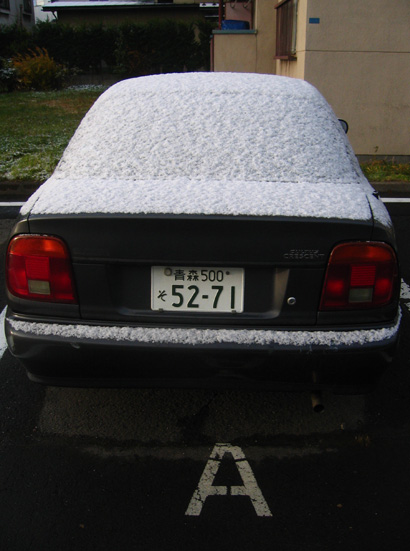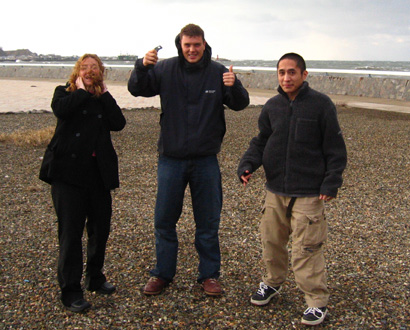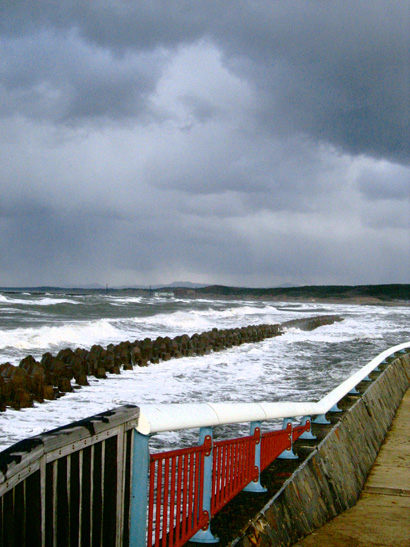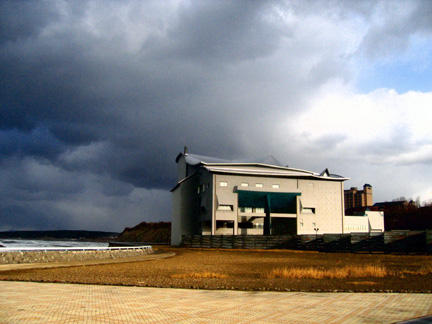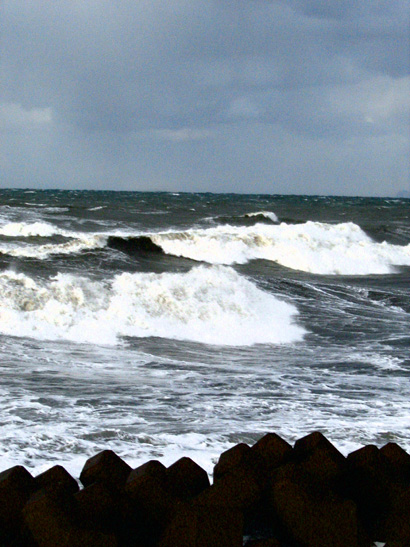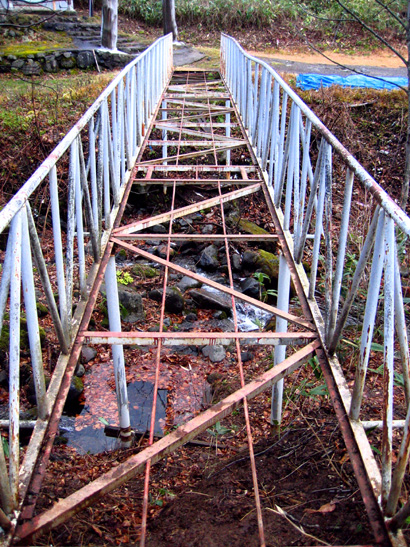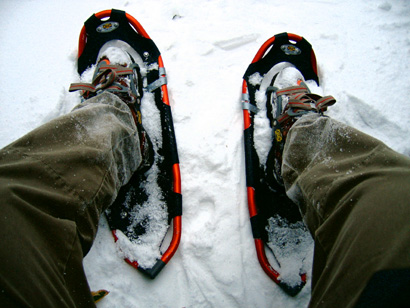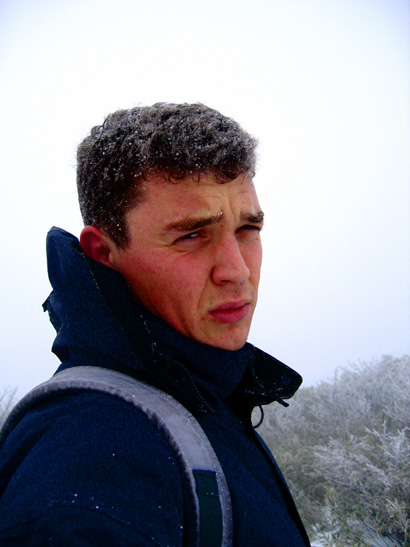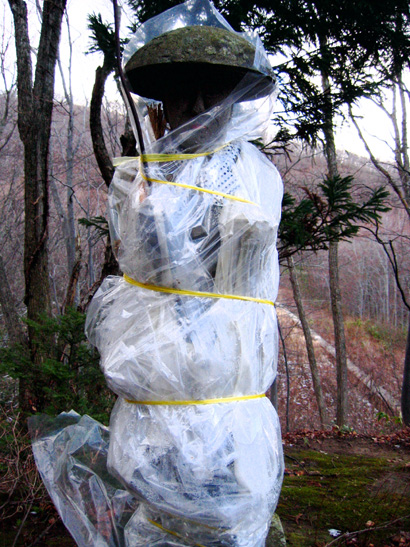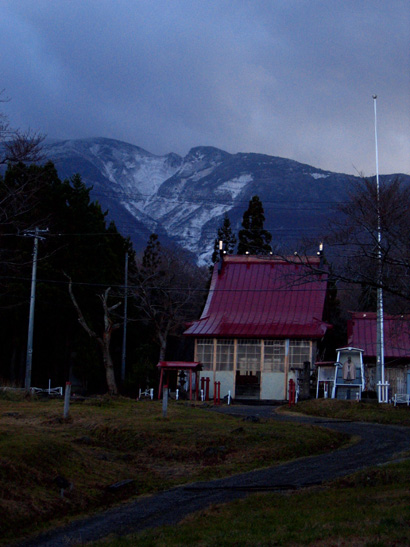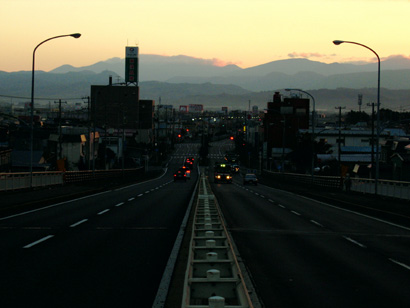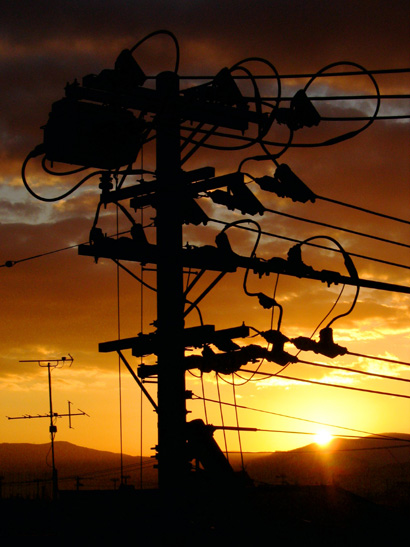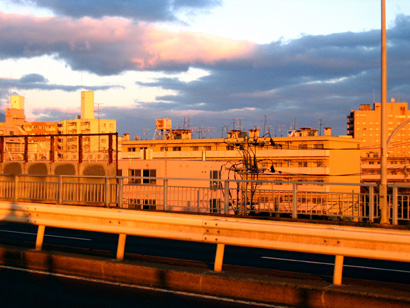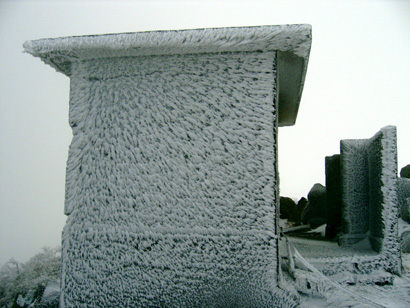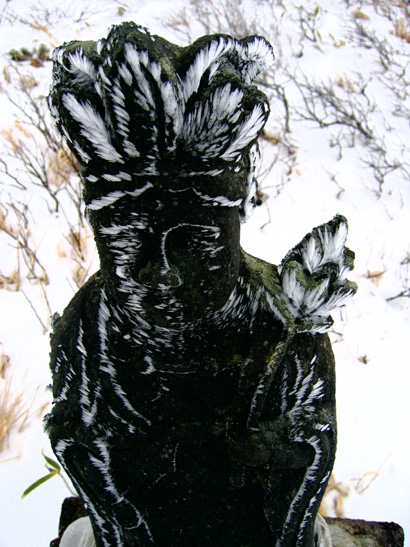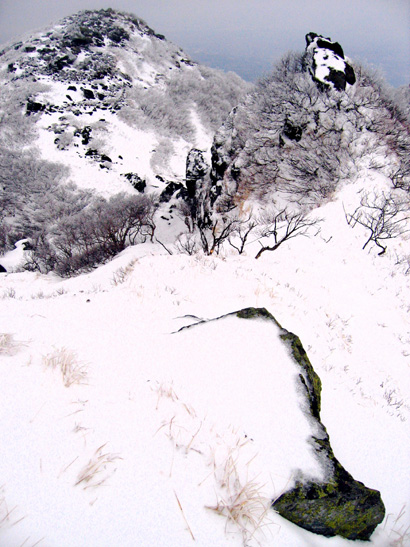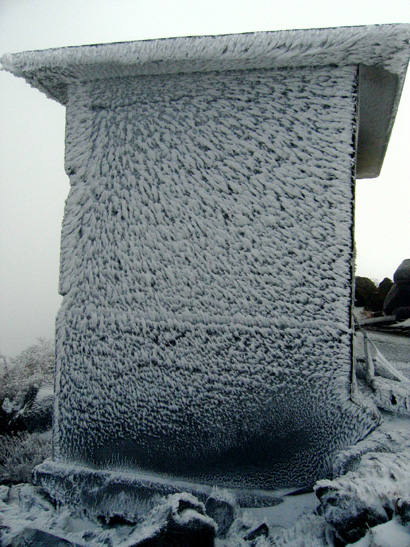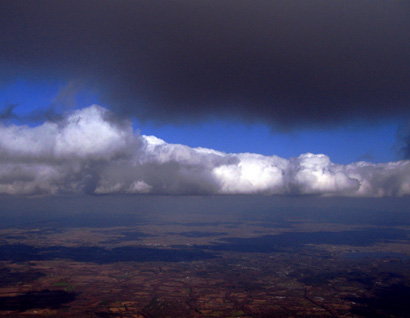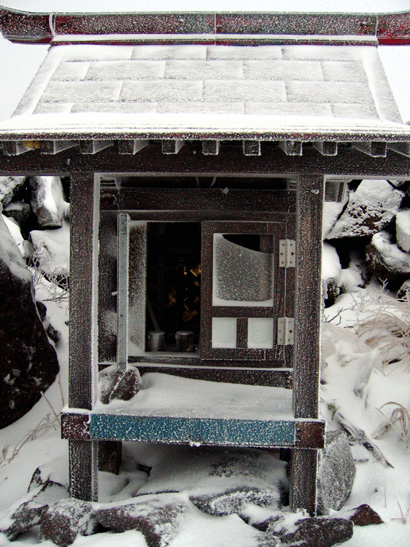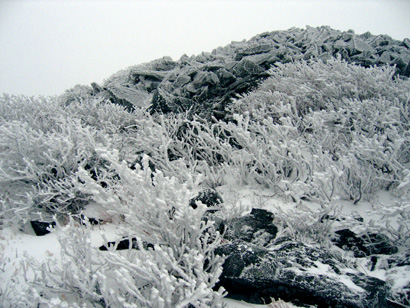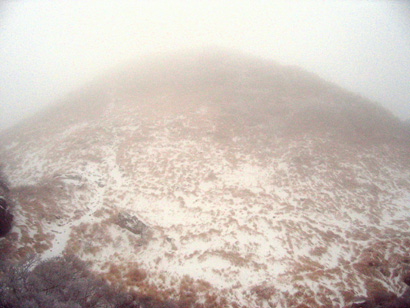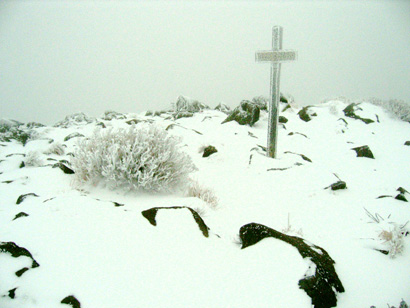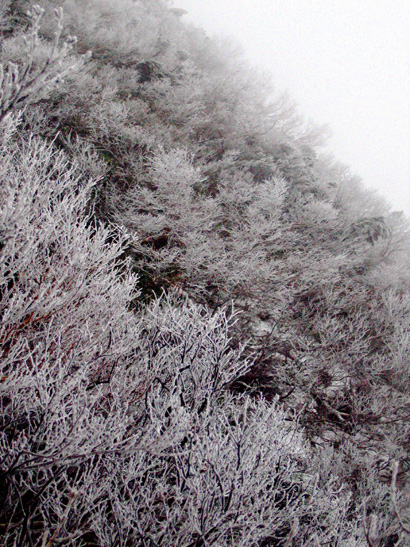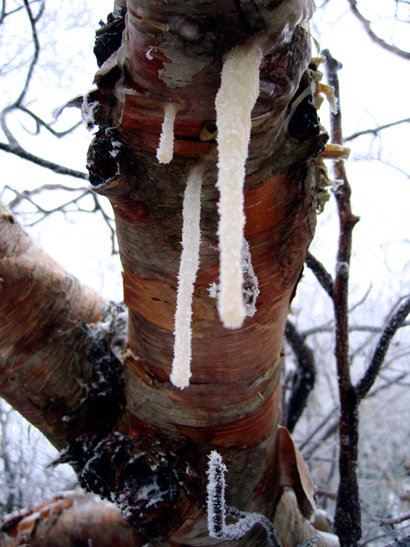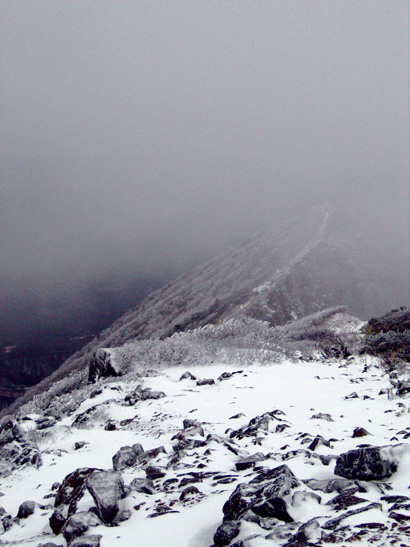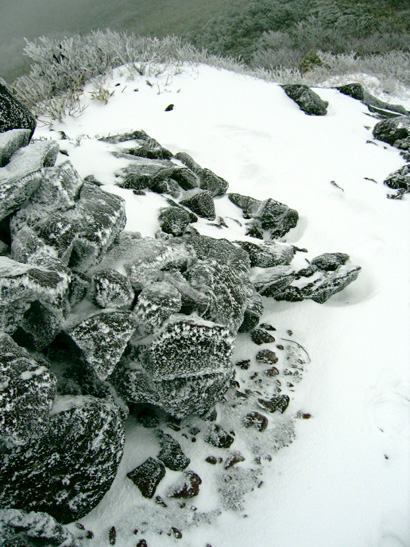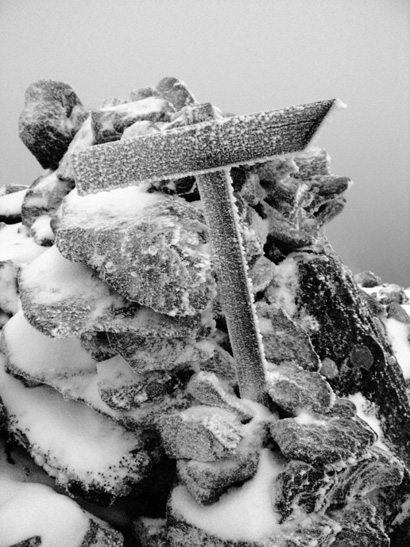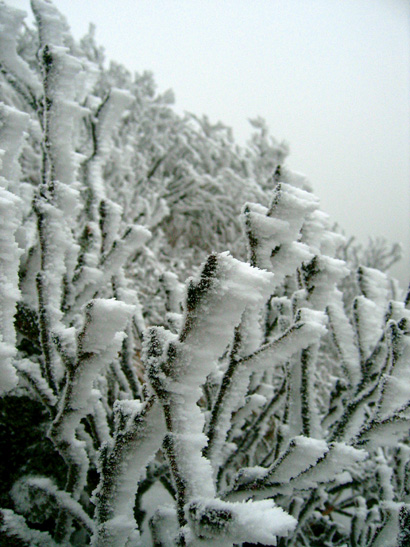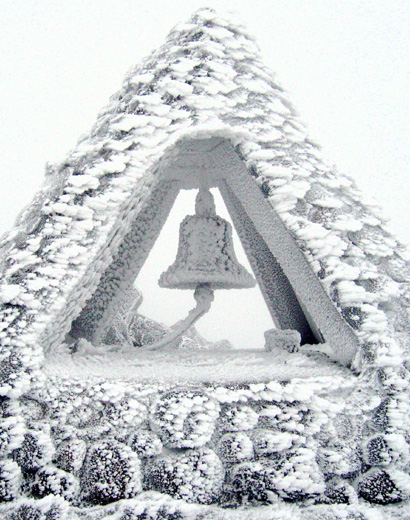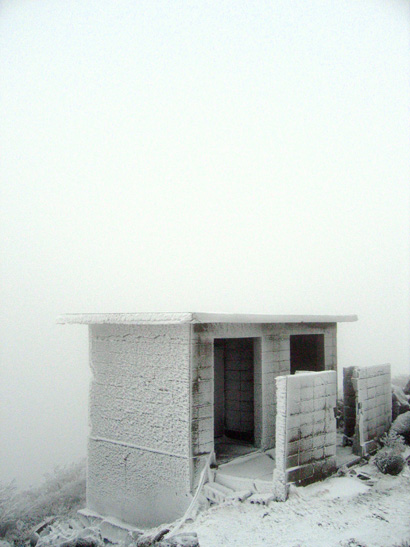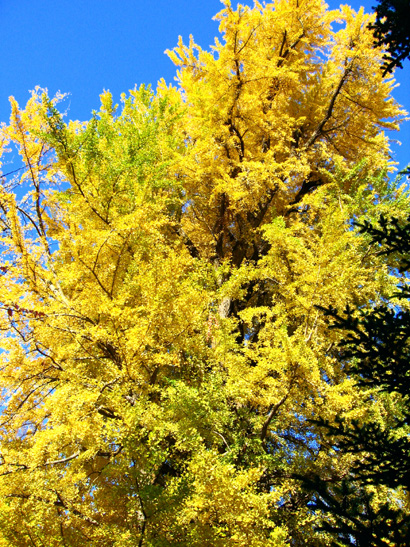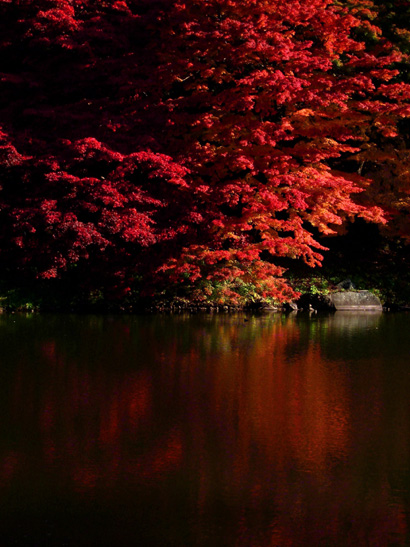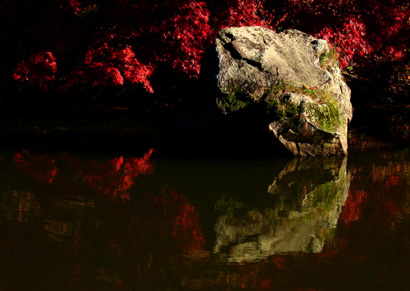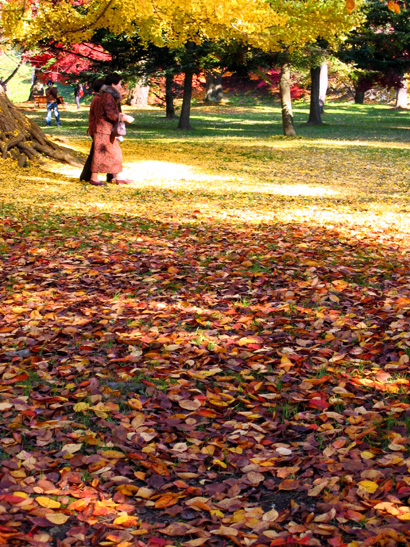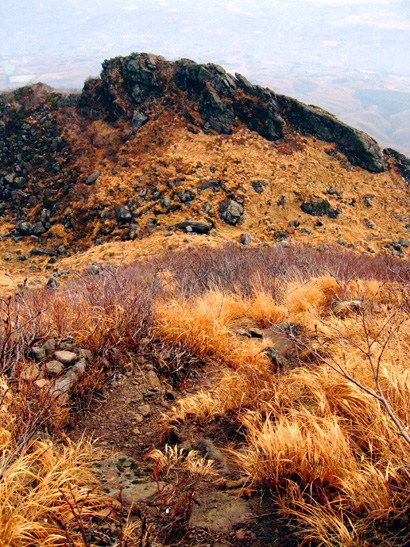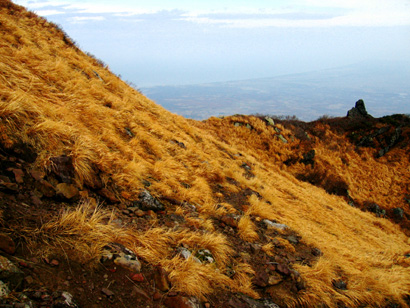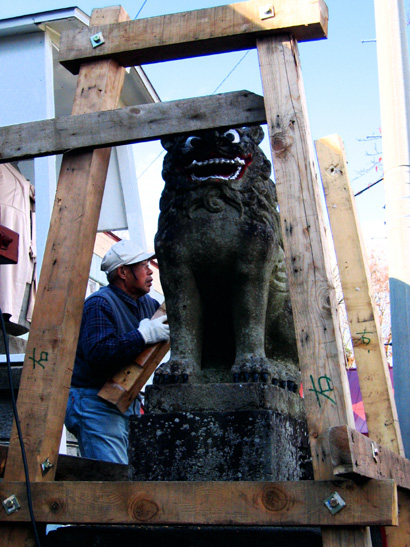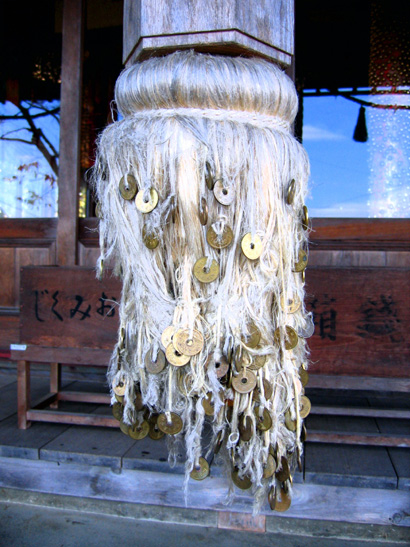At some point in my future I'm going to have to get another job. And defining the types of work that would suit a man like me is difficult because up until now I've done so many.
My hometown's cathedral
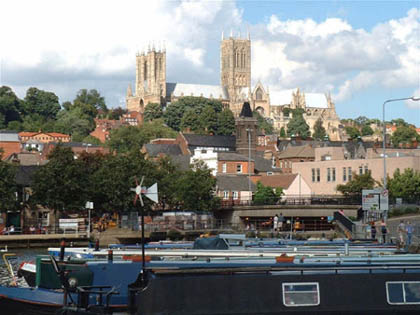
My first experience with labour came about when I was really young. My dad was a self-employed builder and sometimes it was necessary for me to go to work with him because otherwise I'd be left in the house on my own. I didn't do much work when I was there on site, but it kind of familiarised me with a working environment. After a while my dad used to use a special expression when announcing that I'd be going with him to do building work the next day, in an attempt to make it sound more interesting. "Lukey's coming for 'a day on the tools' with me tomorrow" was what he'd say at the dinner table the night before, with an exotic grin on his face.
Then at about the age of thirteen I changed lanes and went into business with my longest, though these days rarely seen, friend Danny Freeman. We started a car washing racket in Branston, the village where we both grew up. Danny had the first few customers and he later took me on as an apprentice. From there we accumulated up to thirty customers, each having their car washed once a fortnight at an average cost of two quid a vehicle. I used to earn myself fifteen quid a week (25 USD), and I remember thinking that it was good money for a kid my age.
I should say that right through my life, until the age of about twenty three, I spent many days on the tools with my dad between other jobs, and that these working days were undoubtedly the most memorable that I've had. It was always good manual work, not only satisfying physically, but also mentally and spiritually as well. He'd often get me involved in detailed and interesting jobs that required creative as well as physical input.
I had a paper round for a couple of years as well. I used to carry heavy bags full of papers on a Thursday night after school, what else is there to say about a paper round? Then, at about sixteen years old I began work at the local Branston Moor Lodge Hotel washing dishes. I had evening shifts as well as weekend ones, and this used to bring me in around thirty, or maybe forty quid a week (50-60 USD). It was enough to pay for the things I wanted back then. Actually, thinking about it, I probably saved most of it for some big plan I had in my head at the time, like going to Europe for a month, or buying a new telescope. I can't remember rightly. But I do remember feeling really guilty when I took on extra shifts at
this fancy hotel just up the road. I felt that I'd let the side down at Moor Lodge, so I kept it quiet and sneaked between hotels until I couldn't take the guilt anymore and I quit one of them. Isn't it amazing how such a crappy labour as washing dishes can play around with how a young man feels.
When I left Moor Lodge the big changes in life started to roll. I flew out to Tel Aviv for a kibbutz placement, and on the very same day of arrival I managed to get a placement in the Negev desert at
Kibbutz Mashabei sadeh. I started work in the chicken sheds with my old mate Henning from Germany. We had travelled from Tel Aviv together, and it seemed that we were both put in the chicken sheds as some kind of initiation into the volunteer community. In the chicken sheds we took in new arrivals of baby chicks in their thousands. They all came in large boxes and our job was to spread the chicks out so they wouldn't crush each other to death. During my short stint in the chicken sheds I was responsible for the accidental deaths of numerous baby chicks, and when one day I actually felt this one chick pop under the weight of my boot, I went to the director and demanded out. I was a vegetarian for crying out loud. The director took it pretty well and he had me placed in the kitchen and dining hall where my job was to skin dead chickens instead.
I stayed at Mashabei Sadeh for about three months before moving off to a kibbutz in the north, I can't remember the name, next to the Jordan River. I ended up back in the kitchen at this place as well. The Kibbutzim was a good place to be back then though. There was little fighting going on between the Arabs and the Israelis, and the volunteer folks at the new place were very international. At Mashabei Sadeh, the volunteers were nearly all French, and the other batch of immigrants that you invariably find on an Israeli kibbutz were all Russian and Ukranian, with one other American guy. I remember there was tension between the French and the American guy. The French were angry about something that the American guy had said when he was pissed one night. Anyway, the Russians acted as a kind of guardian for the American guy, strangely enough, and one night they had a party and invited the French over to crack into the thirty or so bottles of Stolly vodka that they had stashed in their fridge. It all got messy, and eventually a fight broke out between one of the Ukranians and one of the French. This developed quickly into a mass punch up between the French side and the Russians, and I remember sitting with my friend Henning the German pacifist on the steps of one of the Russians' cabins, looking down at this surreal scene of violence that lasted for literally half an hour. About fifteen or twenty guys were punching each other in the face for that lengh of time while Henning and I just watched from up on the steps, making jokes about Napoleon.
After five months on the kibbutzim in Israel I went off to Tel Aviv because someone had told me that the streets there were lined with gold. Before Tel Aviv, though, I did stay in Jerusalem for a while working as a cleaner at a hostel in the old city. I was working for a Palestinian family, all of whom I found quite scary because I got the feeling that they wanted me to be a part of their family. They invited me for breakfast and other meals, and sat me down with everyone else. It just felt strange, so I decided to escape early one morning before anyone else had woken up. I didn't want to tell them that I was moving on because I didn't know how they'd respond. They might have got angry for all I knew, or I might have made the old lady think that I didn't appreciate her cooking or something. I just got my bags together and fled the old city at dawn.
So into Tel Aviv and onto the construction sites. I worked for another five months on various construction sites in Tel Aviv. There was this wall that everybody used to sit on early in the morning, and foremen rolling by looking for cheap labour used to pick us up. It was pretty dodgey sometimes. I once nearly fell about a hundred feet to my death from some crappy old scaffolding that broke under my weight. That was a very hair-raising experience, I must say. Also, I came across the occasional bar job, collecting glasses and such, but apart from that the construction sites were my main source of income. I saved enough to take myself around Egypt for a month, so at least I got something positive from it all. The crack that we used to have in the hostel where I stayed was priceless though, and the views on the beach were unforgetable:
Typical Tel Aviv beach scene.
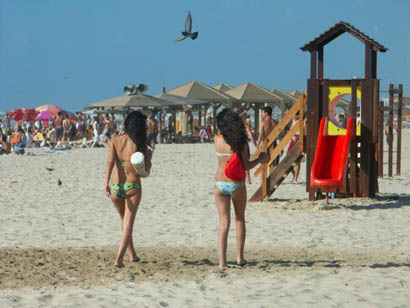
Towards the end of my stay in Tel Aviv a bunch of us lads landed this job outside the city that sounded like it was going to be a good number. This Indian guy took us up to an old site on the coast near
Netanya that had been used many years before as a settlement for Ethiopian Jews after the war. We'd been asked to start work on the place because they wanted to turn it into a holiday resort. We'd only been there for about a week when we found that the place we were living in was strange. At night all the taps seemed to turn themselves on, and we had to keep getting out of bed to turn them off. There were these huge flying cockroaches that came out after dark and flew into the walls making a really loud crashing noise. The place was just wierd. So we were all a bit put off from the idea of staying to finish the work, when one night while everyone was sat around smoking grass in one of the rooms, we heard the unmistakable sound of gun fire. We all looked at each other with shredded expressions on our faces and decided to leave early the next day. Even Frank the Nigerian was out of there. The guy payed us for the little work we'd done the following day with two big bags of grass. We walked back to Tel Aviv, which took around fourteen hours. There was an adventure everyday when I lived in Israel.
So I got out of Israel eventually and I flew back to Britain. When I got back to my hometown I pretty much immediately went back 'on the tools' with my dad. Local jobs mostly, I think, but enough work to help me save the money I needed to move down to London and live with my brother Joss. I lived in London for about five months working with an agency that recruited labourers. I worked all over London, but I didn't really get to know the place very well. And I can't really say that I enjoyed it all that much. I just wanted to go overseas again, which is what I did the following year. I flew out to Australia on a working tourist visa which are available to all Commonwealth citizens. I could stay for a year, but I had to change employers every three months according to regulations. When I got to Sydney my first job was with a group of bandit-like fellas delivering Yellow Pages in the Blue mountains:
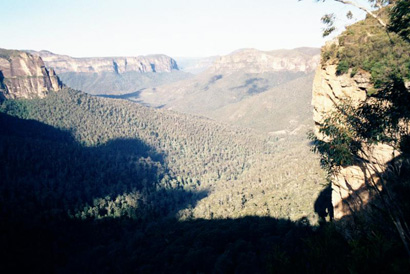
It was easy enough, and the views of the mountains were great. I also took this one job selling paintings door to door around the suburbs of Sydney. One time I ended up going to this house and being asked to sit in this strange lounge with nothing but a huge mirror and this old studded leather couch. Shortly after I sat down, and as I prepared my portfolio, this group of young girls wearing nothing but their G-strings came in and it suddenly clicked that I'd entered a brothel. They probably thought that the salesman pitch was some kinky fantasy of mine. I left quickly and they all laughed at me and shouted things like "mummy's boy" and "you big softy" at me as I walked out the door. I made no money whatsoever at that job because I was on commission and the artist wasn't all that talented.
I left Sydney and went up the coast to pick fruit in Queensland. I picked apples and Zucchinis and even some tomatoes. As a matter of fact I spent around three months living in the famous Palace Backpackers hostel that was burned down by some crazy red-neck who disliked foreigners a couple of years later. This crazy man was responsible for the deaths of about 15 young men and women. I'm just glad I got out of there when I did. This is the face of the man who killed them all.

After a while in Queensland I returned to Sydney to look for a proper job. I waited for a while, living in this crappy little bedsit with my then girlfriend Helen, from Wales. I soon got a job with
this crowd though, and stayed with them until I left Australia. We were removal men at the end of the day, but we were always encouraged to think of ourselves as 'relocators'. Most of our work was commercial, moving office equipment from one skyscraper to another in the Sydney business district. The best thing I remember about this job was the views of the city we enjoyed from the skyscrapers when working overnight. Apart from that, I've never had a job since where I have felt like brute labour as I did in that job. In fact, most of the jobs I did in Australia were pretty demeaning.
So, back to Britain and I spent a couple of months out of work. I wanted to apply to my local university when I got back, so I was busy doing that for a while. I got a part time job at a Tescos supermarket down the road which saw me with a small but steady income for the next two or three years. I didn't like tescos that much but I stuck it out because as a student I needed the extra cash. In my last year I quit
Tescos to spend more time on my studies.
When I graduated I found a job with British Telecom, answering calls from customers whose service wasn't working properly. That was really crappy because most people on the other end weren't very polite and I was stuck in an office staring into a computer screen for long stints at a time. Kind of reminds me of something I've been doing more recently actually. Anyway, I went on to do a masters degree at the
University of Nottingham, and while I was studying for that degree I took a job cleaning toilets at my old university in Lincoln. It was a bit embarrasing because all my old lecturers saw me sweeping the floors and cleaning toilets and they must have thought that was all my degree had come to. I didn't stick it for too long though. I also had work gardening for the Wise family in Wasp's Nest, and I did a week of tree surgery with a guy called Vernon who had a brother called Vince. That always made me chuckle; Vince and Vern the tree surgeon brothers.
When I graduated from my masters degree I headed with my then girlfriend Sarah to Shropshire, down in the South West of the country. I looked for work unsuccessfully for about a month, and then I went for an interview with this childcare company called New Horizons in
Shrewsbury. I got the job, and I worked in a residential setting with kids ranging from ages 9-17. It was definitely one of the most interesting jobs I've done, but it was also one of the most stressful. I had to restrain kids when they got violent, which often lasted a good hour or two each time. I actually had one experience with a boy once who was targeting me among all the other staff. He was determined to be restrained simply for the attention that he got from it all, so late at night before bedtime he'd go on a bender and start winding up all the other kids in the house. These nights with Mr. X, for the sake of privacy, often dragged on into the early hours of the morning and involved a lot of physical exertion. Usually, after an incident we'd have to fill in no end of paper work related to it, which meant we'd end up getting very little sleep. It was very exhausting work, but work I'd still consider doing on a non-residential basis in the future. The kids were good fun to be with much of the time.
Well, finally, after nine months at New Horizons and a long and arduous application process for the JET programme I came to Japan for what could also be described as three years off.
So what the hell am I going to do with my life? Do I try something new? Or go back onto the tools like the old days and end up like this,
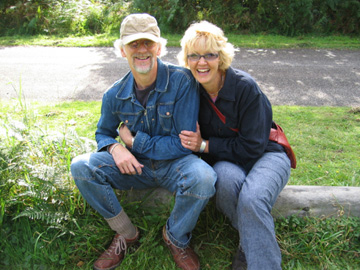
with my wife having to 'take me' for walks around the park at the weekend? I like the idea of a life on the tools, I really do. But there are other things I want to do with my life as well.
The decisions are what will wear me out the quickest.
